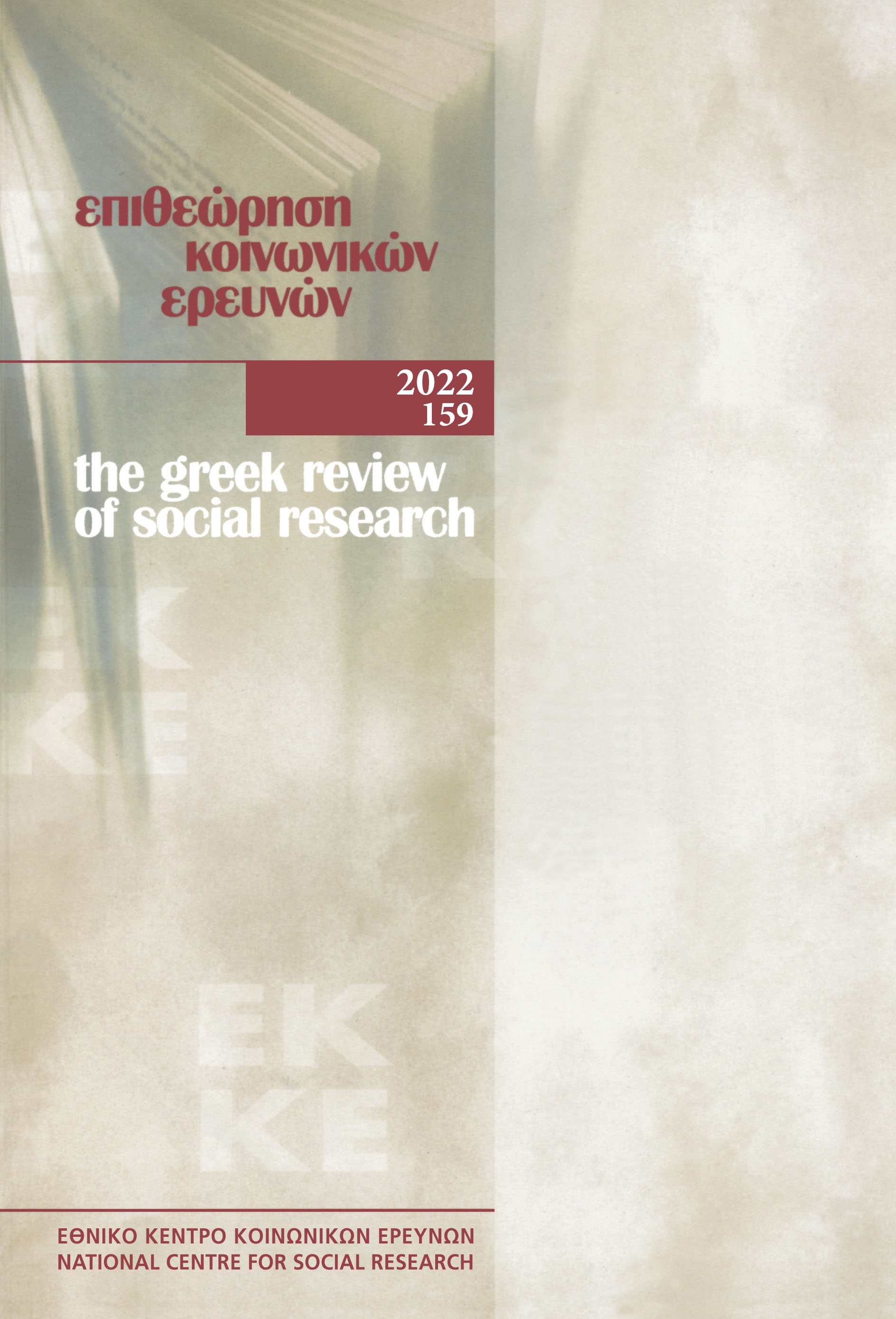The “mourning instead”: sensory differences and autistics’ social trauma

Abstract
The article explores autistics’ experiences in the context of social relations regulated by cultural representations. The sense of ‘‘mourning’’ which often describes the affective procedure of parents in relation to their children’s diagnosis, as well as their life with them, takes meaning in specific contexts. In opposition to the dominant medical approach to autism, the article focuses on the difference produced when somatic, sensory, perceptual autistic experiences interweave with social expectations. The elaboration of the socially unexpected turbulence between linguistic expression and affective experiences aims at contributing to the discussion on the ways disability and impairment, society and subjectivities are linked with each other. It is suggested that the acceptance of autistics’ difference in a sense of somatic and mental diversity instead of deficit to the norms, presupposes the redefinition of categories of the self, embodiment and culture.
Article Details
- How to Cite
-
Marinoudi, S. (2022). The “mourning instead”: sensory differences and autistics’ social trauma . The Greek Review of Social Research, 159, 33–56. https://doi.org/10.12681/grsr.30818
- Issue
- 2022: 159
- Section
- Articles

This work is licensed under a Creative Commons Attribution-NonCommercial 4.0 International License.
Authors who publish with this journal agree to the following terms:
- Authors retain copyright and grant the journal right of first publication with the work simultaneously licensed under a Creative Commons Attribution Non-Commercial License that allows others to share the work with an acknowledgement of the work's authorship and initial publication in this journal.
- Authors are able to enter into separate, additional contractual arrangements for the non-exclusive distribution of the journal's published version of the work (e.g. post it to an institutional repository or publish it in a book), with an acknowledgement of its initial publication in this journal.
- Authors are permitted and encouraged to post their work online (preferably in institutional repositories or on their website) prior to and during the submission process, as it can lead to productive exchanges, as well as earlier and greater citation of published work (See The Effect of Open Access).


